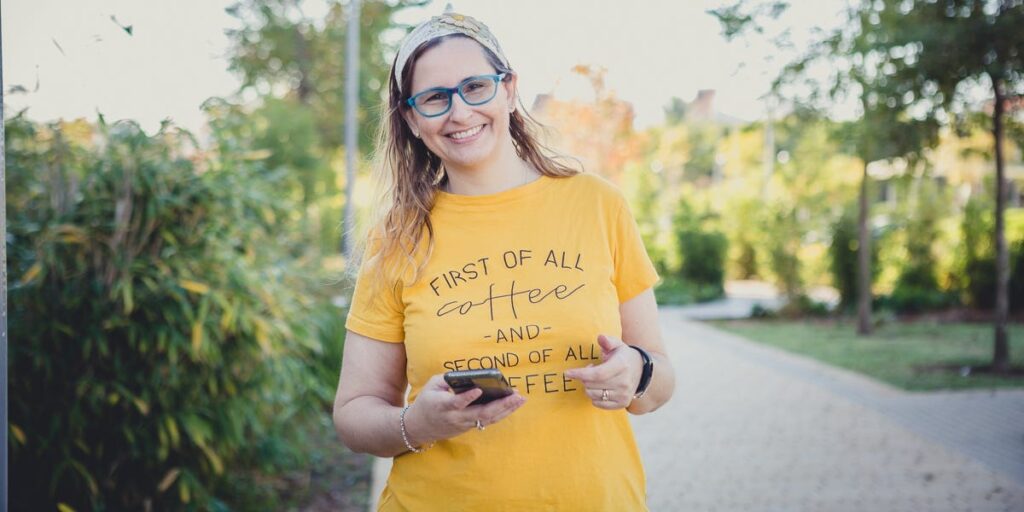This as-told-to essay is based on a conversation with Abbi Perets. It has been edited for length and clarity.
It was a Sunday morning in 2013 that I wandered downstairs to make my morning cup of coffee with my beloved Nespresso coffee machine.
My 10-year-old, the middle of my five children, had just been diagnosed with leukemia two days prior. I needed, particularly on this morning, to be able to turn on my coffee machine and have my daily cup of caffeine. I was utterly exhausted and scared of what the future might hold.
Switching it on, I pressed the button to make the coffee. Nothing happened. “I literally cannot deal with this right now,” I thought. I never expected that what happened next would stay with me for decades.
It was out of warranty
From the hospital, I phoned the Nespresso company, and they directed me to the nearest service center, which later informed me that the machine was out of warranty, so payment would have to be made. I’d planned to drop off my machine the following day to be serviced.
My coffee machine wasn’t just any appliance — it had become a part of my routine that was critical to my happiness.
Before my Nespresso, I’d had a large and complicated espresso machine — the kind with a fresh bean grinder and milk steamer. It made good coffee, but it took a lot of time when I was constantly running after young children.
At a play date, a friend of mine had this machine that would make a coffee in four seconds — a Nespresso. I knew I needed one, so even though we didn’t have much money, I bought myself a red one. Every time I used it, I was amazed I could get such a good cup of coffee by just pressing one button.
When our family of seven moved to Israel in 2011, I made sure we got the same type of coffee machine ready for our arrival. It was waiting for me when I arrived, and my long-standing routine could continue.
It was part of my routine and something I could control
The day my son, who has special needs, was diagnosed with leukaemia, my morning coffee was the only thing I could control — the only thing that remained constant between being at the hospital or at home with my other four kids. When it didn’t work, I knew, for my own sanity, that I had to get it fixed.
I took it to the service center on Monday morning. On my arrival, a young woman in her 20s gave me some basic forms to fill out. I wrote down my name and number and then looked at her.
“I can’t answer these questions,” I told her, tears in my eyes. “My kid is in the children’s hospital down the street. He has cancer.”
Her eyes widened and she told me not to worry — to just leave my number and she’d phone when the coffee maker had been fixed.
Later in the day, she called to say it was ready to be collected anytime before they closed at 7 p.m.. I couldn’t get there until shortly after that. She said she’d stay on and wait for me.
When I arrived past the store’s closing time, the same young woman was waiting for me. She told me it had been repaired and cleaned free of charge.
Of course, I just started crying.
She didn’t have to do any of that. She didn’t have to let me leave the machine without filling out forms, she didn’t have to get it cleaned for me, and she didn’t have to insist to someone that I didn’t need to pay.
But she did, and every time I have my morning cup of coffee, I think of her. Not everyone chooses kindness, but she did.
Since then, even more so than before, I’ve tried to lead with kindness in both my personal and professional life. It’s so easy to do little things — make small gestures — that will make a big difference to someone else.
Read the full article here


